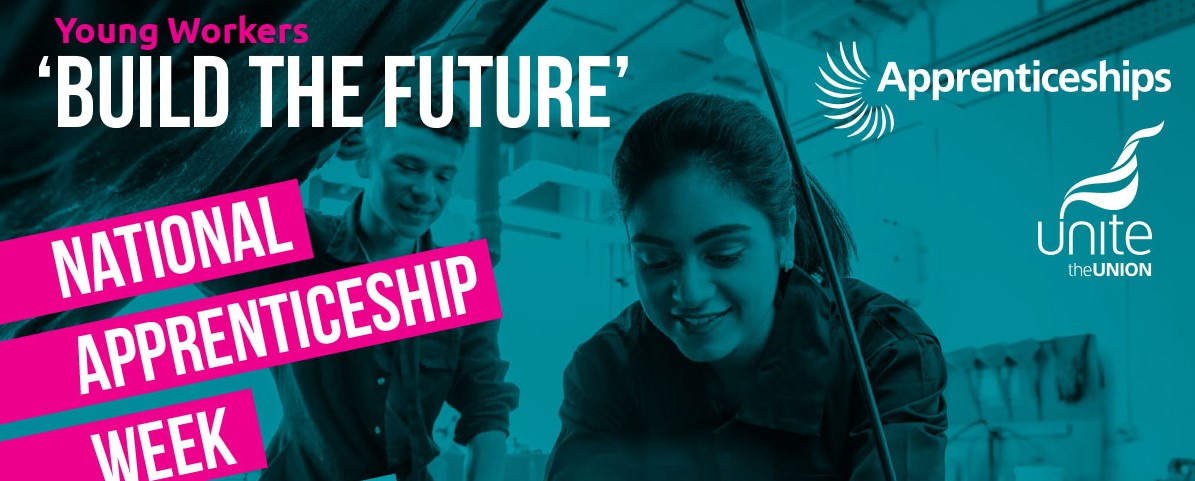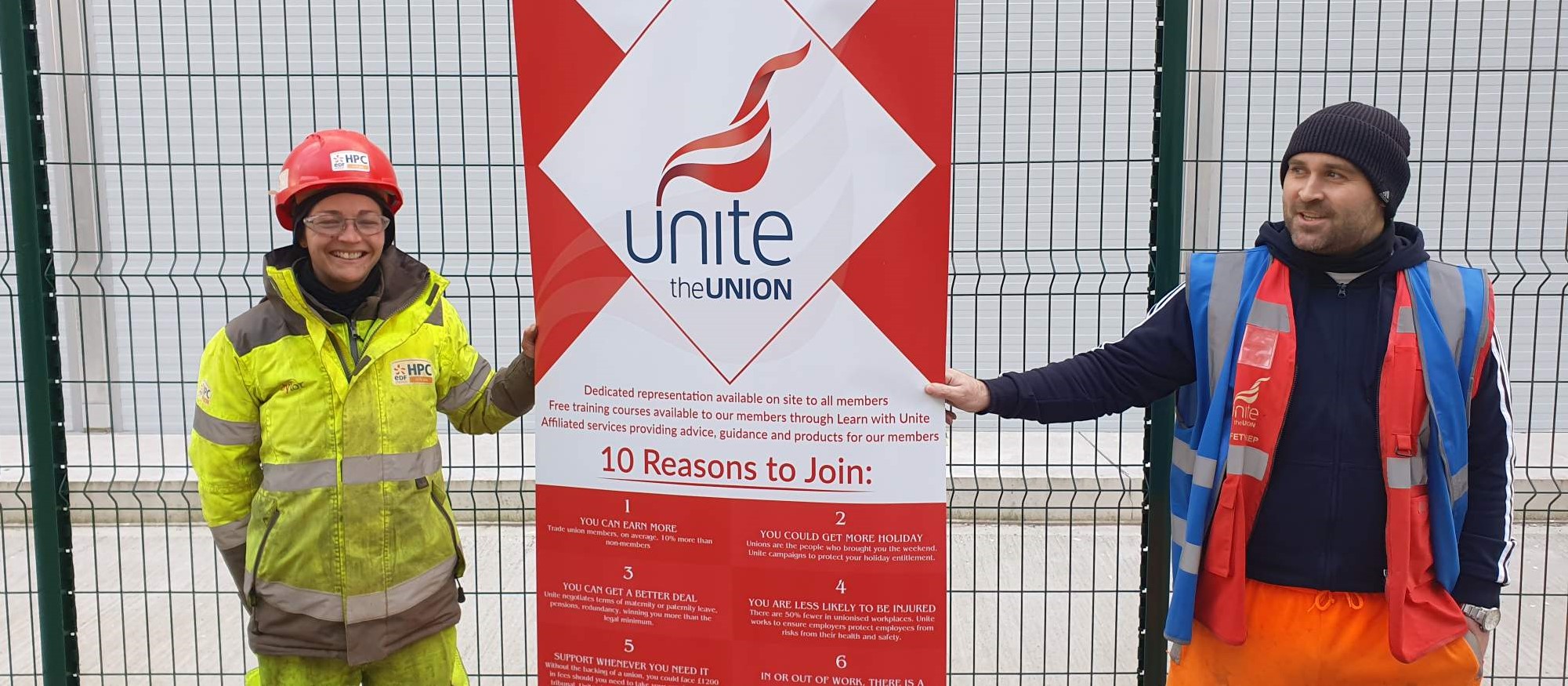â€Bogus apprenticeships’
School leavers receiving their GCSE results today (August 24) are looking forward to what the future holds in store.
Unfortunately many young people are served a raw deal after they finish their education, with some forced into taking positions that pay very little or even nothing at all.
Such roles often seek to compensate for the lack of pay by offering training that is supposed to help employees progress in their career.
Controversial outsourcing company Mears, for example, is advertising for trainee positions that include periods of unpaid work.
The firm’s Yes website advert for work planner, business administration and construction roles says, “You will be required to complete an unpaid 3 week training course for 2 days a week starting on 25th August.”
Unite regional officer Gary Fairclough said the advert is a “new low for a company which has already been scraping the barrel when it comes to employment practices”.
Mears is currently in a 12-week dispute over pay and conditions with more than 170 Unite housing maintenance workers in Manchester, where the new unpaid trainee positions will also be based.
Fairclough said, “This is clearly an advertisement for employment and as such anyone taking on the roles advertised should be paid.
“This month Mears recorded pre-tax profits of £13m so paying these trainees amounts to the smallest of small change for the company.
“Rather than advertising for trainees Mears should be recruiting apprentices to ensure that the applicant is provided with proper training and achieves a recognised qualification.
Training on the cheap
“Recruiting trainees rather than apprentices is nothing more than training on the cheap and devalues the trades being taught.”
A cursory search of the Indeed and Monster job websites reveals similar roles being advertised.
One role offers a seven week unpaid traineeship at a Halfords in New Malden, with just the chance of an apprenticeship at the end.
Another is advertising a six week unpaid digital marketing traineeship at a Slough car workshop specialising in alloy wheels and offers only the possibility of full-time work or an apprenticeship afterwards.
The potential for such roles – which are usually funded by the government and can be open to misemployment – to fail to live up to expectations or leave participants high and dry – has even percolated through to TV soap opera.
Earlier this month, new Eastenders character Keanu Taylor was laid off by his employer and left desperately searching for a job – even though he successfully completed his apprenticeship as a mechanic.
â€Exploitation’
Unite assistant general secretary Tony Burke said apprenticeships and similar schemes that don’t offer adequate training or renumeration and don’t lead anywhere are “simply exploitation”.
He said, “They’re rip offs. Unite is totally opposed to bogus apprenticeships in whatever form they take. We need gold standard apprenticeships that have proper structures, teach useful skills and come with a job at the end.”
Part of the problem, said Burke, is that the government is scrambling to fulfil its promise of creating 3m apprenticeships by 2020.
While this sounds positive, the danger is that “anything that remotely looks like an apprenticeship is going to be counted as an apprenticeship”.
“At the end of the day it will distort the real issue, which is that we’re facing a skills crisis,” said Burke.
“We must avoid creating low quality, cheap and cheerful apprenticeships. Unite is working with the sector skills councils and other bodies to make sure that happens – in manufacturing in particular.”
 Like
Like Follow
Follow


